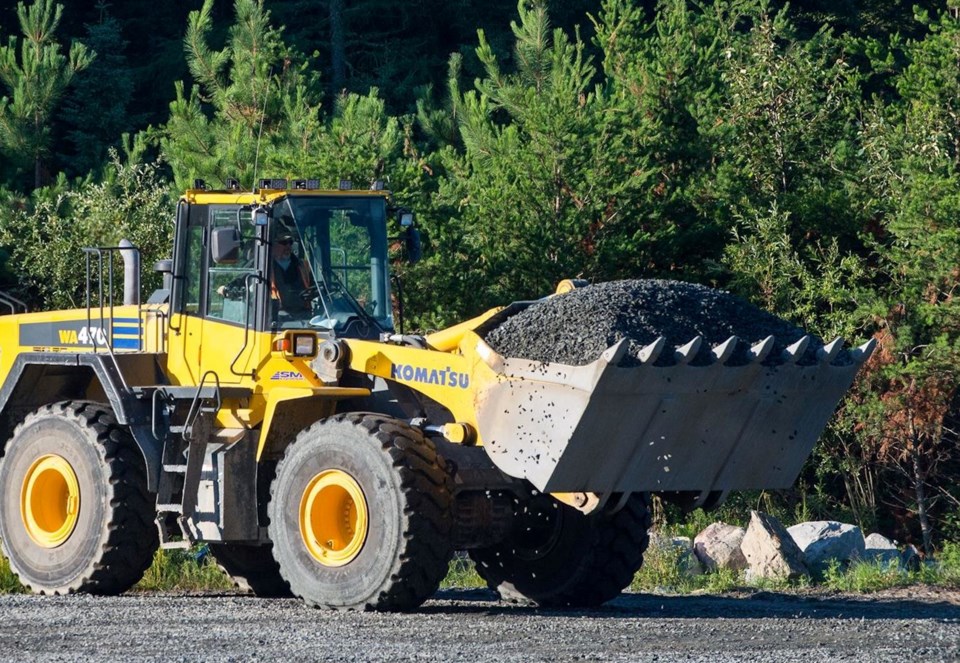A First Nations-participating construction consortium has been handed the job to do the site preparation for the pilot processing plant and haul road at a proposed northwestern Ontario lithium mine.
Toronto’s Avalon Advanced Materials said in a news release that SOW Construction Ltd. Partnership has been awarded the contract.
In a project update of its Separation Rapids lithium project, north of Kenora, Avalon said the site work by SOW is underway and will be completed later this summer.
SOW is a partnership between Moncrief Construction, a well-known Kenora general contractor, and Wabaseemoong Independent Nations, in whose traditional territory the Separation Rapids lithium project is located.
SOW in an acronym representing the communities of Swan Lake, One Man Lake and Whitedog, the three participating communities forming Wabaseemoong. Established in 2016, the partnership has worked on highway and bridge building contracts, installed culverts, performed concrete work, and operated heavy equipment to do rock and earth excavating and brushing contracts.
Avalon’s Separation Rapids Project is 70 kilometres north of Kenora. It’s a pegmatite deposit enriched in lithium minerals, namely petalite and lepidolite, coveted by manufacturers in the electric vehicle battery sector and manufacturers of high-strength glass and ceramic. The deposit has a 20-year mine life, according to a 2018 preliminary economic assessment.
The permitted quarry site is two kilometres north of the Sand Lake Road and seven kilometres south of the project site.
The site being cleared will house a demonstration-scale processing plant, known as a dense media separation (DMS) facility.
SOW will handle all the aggregate production, road repairs, site prep, and the crushing and hauling of a 5,000-tonne bulk sample excavated at the site last year. After the sample is crushed, the material will be returned to the quarry and run through the DMS plant.
The purpose of the DMS plant is to produce large samples for Avalon to present to potential customers in the international glass and ceramic market. There’s also a by-product that includes rubidium-bearing feldspars, used in certain ceramic applications.
The DMS plant will be installed this fall and is expected to be operating by spring 2023.
Avalon is on the path to establish Ontario’s first lithium chemical processing plant in Thunder Bay. The refinery would make lithium hydroxide for the battery manufacturers involved in the electric vehicle (EV) sector.
It would be vital piece to the critical minerals supply chain that the provincial and federal governments want to establish - and fund - to bridge the gap between mining and the battery manufacturing plants in the automotive industry.
Avalon is looking for a major private investing partner and to sign product off-take agreements with major manufacturers in the EV space.
The company said it’s made a purchase offer to acquire an undisclosed brownfield property in Thunder Bay to host the plant, which could handle lithium concentrate from Separation Rapids and from other potential lithium miners in the region.
In a recent investors webinar, company president Don Bubar said the chosen site is on the city's waterfront at a closed industrial property.
Refinery construction would start in 2023 to be ready for production in 2026. Avalon said it expects to close the land deal in September once debt financing has been arranged.




